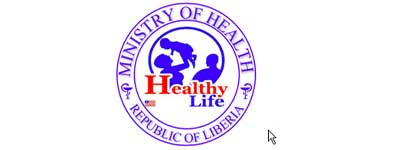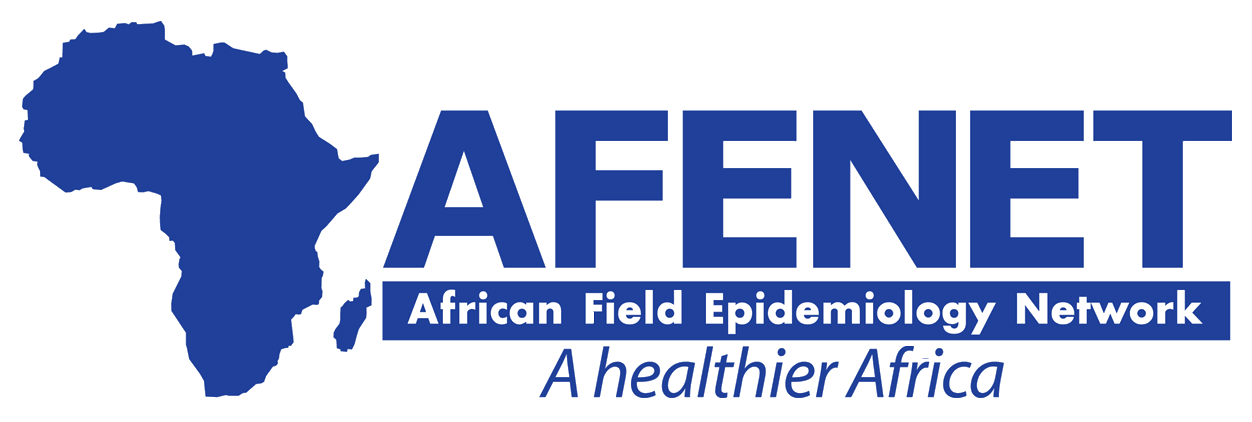AFENET Liberia - Our Work
AFENET is a non-profit networking and service alliance of Field Epidemiology (and Laboratory) Training Programs (FELTPs), and other applied epidemiology training programs.
AFENET works in partnership with different international and global health agencies in order to prevent, detect, and respond appropriately to the outbreak in order to ensure that the world is not caught off-guard when the next global pandemic occurs.


A disease threat anywhere is a disease threat everywhere.
AFENET is working 24/7 across Africa to prevent, detect, and respond to many types of health threats and outbreaks.
See what we are doing to prevent disease outbreaks in Liberia
Field Epidemiology Training Program (FETP)
As a result of the Ebola epidemic, the Ministry of Health developed an Investment Plan for Building a Resilient Health System (2015 – 2021). This plan explains the steps to strengthen Liberia’s health system. This investment plan helps advance the National Health Policy and Plan (2011 – 2021). A high priority of the Investment Plan is to strengthen epidemic preparedness, surveillance, and response; this will help counties and districts build the skills to identify early…
Acute Febrile Illness (AFI) Surveillance Project
The African Field Epidemiology Network (AFENET), Liberia through funding from the United States Centers for Disease Control and Prevention implemented the acute febrile illness surveillance project in health facilities across Liberia. This is under a five-year cooperative agreement between AFENET and the US CDC under “Building Acute Febrile Illness Surveillance Capacity through Laboratory Systems Strengthening and Workforce Development (FETP) activities”.
Rapid Mortality Surveillance System
The Rapid Mortality Surveillance System (RMSS) was a RESOLVE funded pilot project that ran from October 1, 2020 to July 31, 2021. It involved collecting retrospective and prospective data across selected health facilities and communities in Liberia. The country now plans to institutionalize and scale-up mortality surveillance. To be sustainable, however, the RMS will form a part of the routine functions of the National Public Health Institute of Liberia, …
EVD/MVD Preparedness Project
The Ebola Virus Disease (EVD) outbreak of 2014-2016 in West Africa was the largest ever recorded outbreak of Ebola. In February 2021, Guinean public health authorities confirmed a new outbreak of EVD across the border with Liberia. As of April 10, 2021, a total of 23 suspected cases have been reported, including 16 confirmed cases and seven probable cases, of which nine have recovered, and 12 have died (case fatality ratio 52.2%). The number of health workers …
Polio GID Project
The Polio-GID project was set up to help the Country of Liberia to break the transmission of cVDPV2 among susceptible children within her borders while preventing the further importation of the Virus from the neighboring Countries that are presently struggling to contain massive outbreaks. To achieve this goal we are using the enhanced AFP surveillance structure as a means of strengthening the Country’s integrated disease surveillance architecture for early detection…
Polio BMGF Project
On August 25, 2020, Africa was declared free of the wild polio virus1. The certification by the Africa Regional Certification Commission, an independent body authorized by the World Health Organization (WHO), followed four years of zero confirmed case of wild poliovirus, moving the world closer to achieving global polio eradication. In the three decades before this four-year period, it is estimated that at least 75,000 children in Africa developed paralysis due to infection with…

Collaborating Partners








